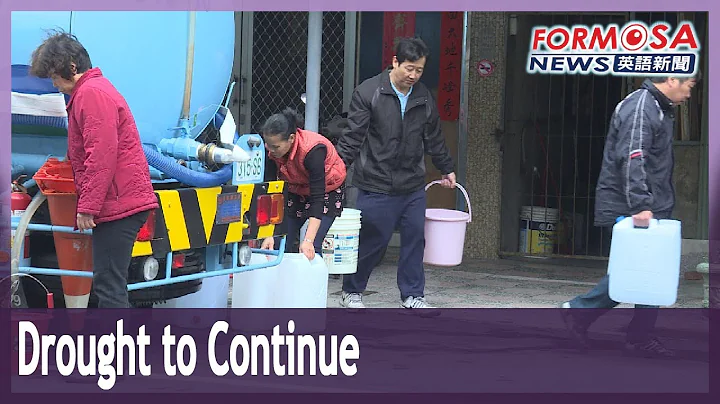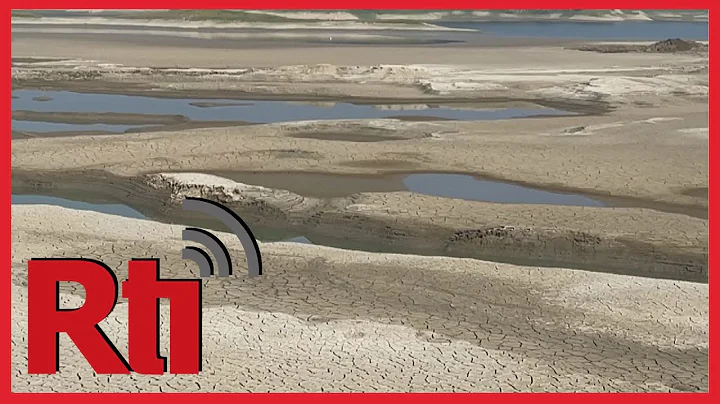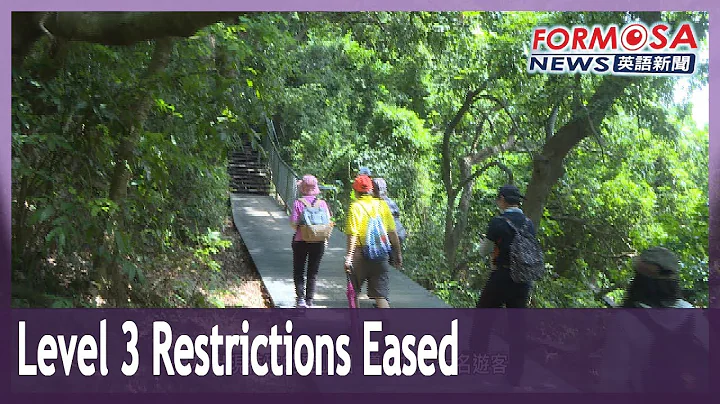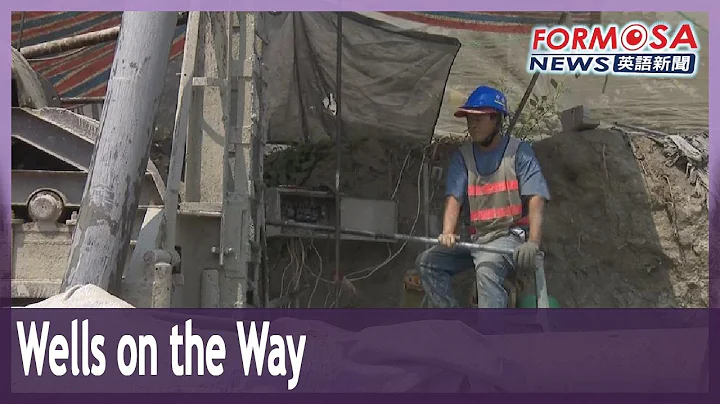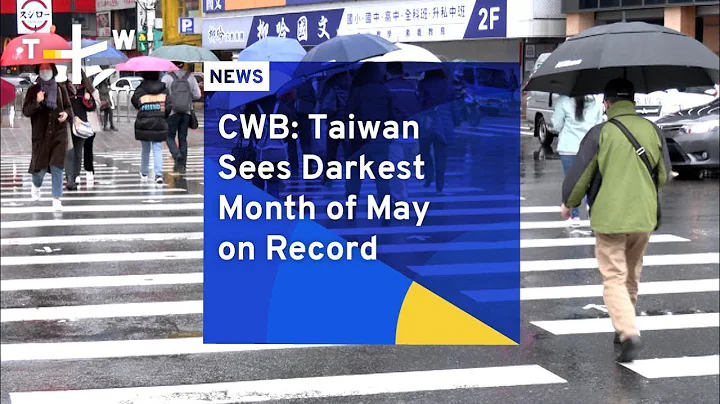
Picture source: Zhang Junning Weibo screenshot
From the early Song Yunhua and Vivian Hsu to the recent junior S and Zhang Junning, Taiwanese artists have been accused of being "Taiwan independence" on the mainland Internet, and there are rumors that they have been blocked or removed from the shelves. These turmoils often start with the same plot and end with similar results. They may be just a "gust of wind" in the huge and complex mainland's online public opinion field, but for the Taiwanese people, each turmoil will increase their sense of alienation from the mainland. Insightful people on both sides of the Taiwan Strait should no longer sit idly by and look for effective countermeasures from the perspective of protecting the human dignity and rights of compatriots in Mainland China and Taiwan.
Premeditated "cross-talk" with ulterior motives
Looking back at similar cases over the years, at least three facts can be determined: First, artists who truly openly support the DPP or stand in favor of "Taiwan independence" will not be targeted because they have always kept a distance from the mainland. , Beijing also did not open the door for it to land. Second, those who are accused of "Taiwan independence" are often well-known Taiwanese artists who have developed well in the mainland. This is by no means an intentional top-down move by mainland officials, but a deliberate witch hunt by some good people, and some people even deliberately do so. "cross-dressing". Third, the reasons for Taiwanese artists to be accused of "Taiwan independence" mostly come from some exaggerated, patchwork or over-extended phrases, which basically do not belong to formal political language. At least these "evidences" are not considered independent by Taiwan's standards. group.
The results of past cases are basically the same. Almost none of the Taiwanese artists who were reported were actually banned from the mainland because their "Taiwan independence" stance was confirmed. The handling methods can be broken down into three categories: The first category is the business model, that is, the mainland official did not take a position, and the Taiwanese artists involved "washed away" the controversy with a statement. There may be mature public relations operations behind it. The second type is the semi-official model, that is, mainland media with official or Taiwan-related backgrounds speak out to "put out the fire", and the artists involved also use commercial means to calm public opinion. Not long ago, many mainland media tried to calm Xiao S's cheeks, which is exactly the above model. The third category is the official model. The spokesperson of the Taiwan Affairs Office of the State Council said a few fair words for the Taiwanese artists involved, and incidentally criticized "Taiwan independence" and the Democratic Progressive Party, so that the incident will no longer ferment.
It is not difficult to find that the "Taiwan independence witch hunt" encountered by Taiwanese artists, and their statements such as "I am Chinese and oppose Taiwan independence" after being reported, are by no means a benign and progressive social education, but a vicious and vicious one. Regressive populist trial or public opinion lynching. Putting aside for the time being the negative impact of such incidents on Taiwanese people's perceptions and cross-strait civil relations, aren't Taiwanese artists considered "Taiwanese compatriots who develop, work, and live in the mainland"? Could it be that they were arbitrarily hunted and framed, and their right to personal dignity was trampled on? Shouldn’t those who made the malicious accusations be held accountable in accordance with the law after the storm has subsided?
The Kuomintang should work hard to restart cross-strait exchanges
The phenomenon of Taiwanese artists being witch-hunted one after another for "Taiwan independence" will neither eliminate "Taiwan independence" nor educate Taiwan's public opinion. Instead, it will cause the people on both sides of the Taiwan Strait to have the negative consequences of "love and hatred". Taiwanese are also Chinese, and I believe that the vast majority of Taiwanese artists who are willing to go to the mainland and are loved by the mainland people hold the above position in their hearts. If we have to make a statement of national identity in a coercive manner under the witch hunt of online populism, this is undoubtedly sad and inhumane.
supports that all Taiwanese people in mainland China, including artists, should have rights and human dignity, instead of taking the opportunity to divide, provoke hatred, and perform political manipulation. This should be the responsibility of Taiwanese society. Regrettably, the DPP and Tsai Ing-wen's authorities are obviously unwilling to play a constructive role, so the Kuomintang should stand up and talk to the mainland. After the Hu Lian Hui in 2005, the KMT-CCP platform handled a large number of matters involving the rights and interests of Taiwanese businessmen in mainland China. This mechanism is worth cherishing.
Entering the planning stage for the 2024 Taiwan regional leadership election, after the re-election of the KMT chairman, how to restart the interaction with Beijing, put the brakes on the unscrupulous "Taiwan independence witch hunt", and prevent the two sides from sliding into the abyss of "enemy-like collision" should be It is the direction of efforts.


